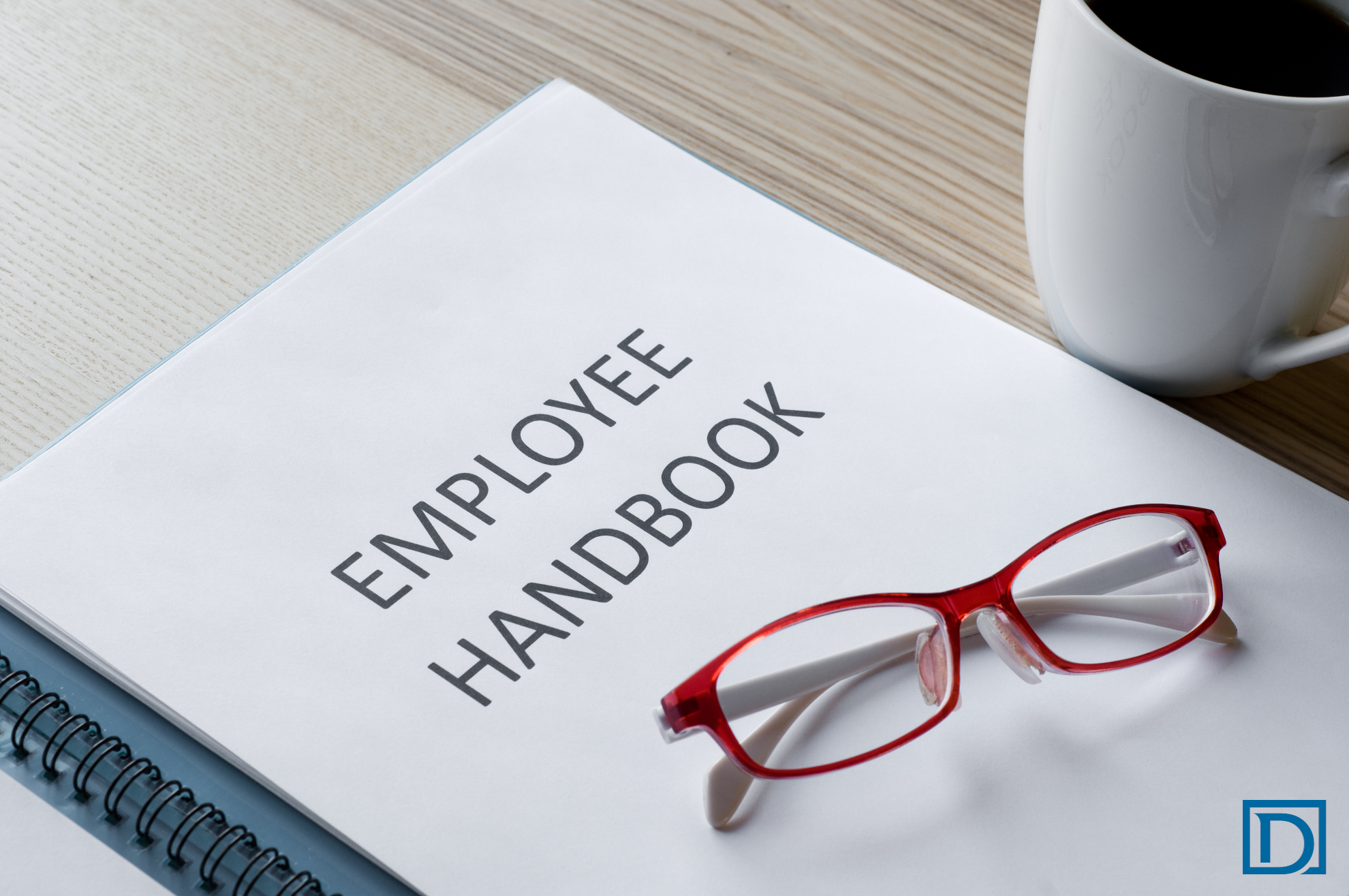 Recently, the Court in Viggers v. Al-Azhar F. Pacha & ALPAC, 2017 Mich App LEXIS 1323, *3 came to an interesting conclusion regarding an employer’s ability to inform a former employee’s new employer of incidents which called the employee’s character into question. In that case, Defendant Pacha, owner of ALPAC, informed the University of Michigan, which had extended an offer of employment to Viggers, a former employee of ALPAC, that Viggers had threatened him. This event occurred after Pacha decided to no longer sponsor Plantiff Viggers’ acquisition of a greencard.
Recently, the Court in Viggers v. Al-Azhar F. Pacha & ALPAC, 2017 Mich App LEXIS 1323, *3 came to an interesting conclusion regarding an employer’s ability to inform a former employee’s new employer of incidents which called the employee’s character into question. In that case, Defendant Pacha, owner of ALPAC, informed the University of Michigan, which had extended an offer of employment to Viggers, a former employee of ALPAC, that Viggers had threatened him. This event occurred after Pacha decided to no longer sponsor Plantiff Viggers’ acquisition of a greencard.
On the advice of his immigration attorney, Pacha elected to no longer sponsor Viggers’ application after finding out that Viggers no longer intended to work for ALPAC. In response, Viggers drafted a series of letters which stated, “what goes around comes around.” As a result, Pacha stated that he felt threatened. He then reached out to three University employees and inform them of the threat with the intention of having the job offer rescinded.
Subsequently, Viggers alleged that Pacha falsely accused him of making the threats because Viggers would no longer produce ALPCA revenue. Viggers filed claims against Pacha and Alpac for defamation and tortious interference of contract.
The Court analyzed the issue of whether the communications between Pacha and the University were protected by qualified privilege. An employer has qualified privilege to defame an employee by making statements to other employees whose duties interest them in the subject matter. In addition, an employer has a qualified privilege to divulge information regarding a former employee to a prospective employee. Therefore, if Pacha’s communications to the University were protected by qualified privilege, he cannot be liable for defamation unless the statements were made with actual malice.
The Court found that the communications were protected by qualified privilege. Furthermore, Viggers was unable to show that Pacha’s statements were made with malice (i.e. “knowledge of falsity, or with a reckless disregard for the truth of the statements”). Pacha’s communications to the University outlining his concern that Viggers would use his position to harm ALPAC were defensible, as Pacha “made the disclosure for a proper business purpose.” Pacha was therefore free to protect his business interest by divulging information in a limited manner to the proper parties necessary for evaluating Viggers’ employability.
This article was written by Nezar Habhab, Law Clerk.


